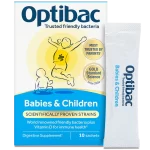
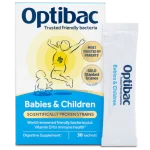

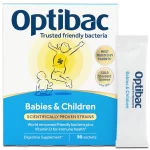

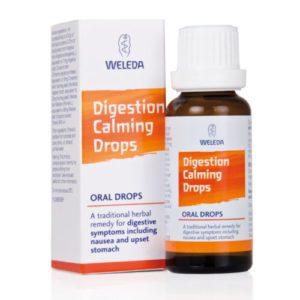
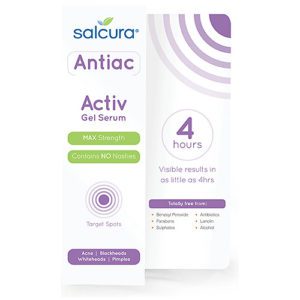
OptiBac For Babies & Children
£7.19 – £43.99
OptiBac For Babies & Children
OptiBac For Babies & Children is a probiotic supplement designed to support the gut health of infants and young children. Here’s a breakdown of its uses and potential health benefits:
What is OptiBac For Babies & Children?
It’s a probiotic supplement, meaning it contains live microorganisms (bacteria) that are intended to benefit the host (in this case, the child) when consumed in adequate amounts. The specific strains of bacteria in OptiBac For Babies & Children vary depending on the specific product, but they typically include species from the Bifidobacterium and Lactobacillus genera, which are naturally found in the human gut.
Common Uses & Potential Health Benefits:
-
Supporting Gut Health: The primary use is to help establish and maintain a healthy balance of gut bacteria, especially in newborns and young children whose gut microbiome is still developing. A balanced gut microbiome is important for digestion, nutrient absorption, and immune function.
-
Reducing Colic Symptoms: Some studies suggest that specific probiotic strains can help alleviate colic symptoms, such as excessive crying and fussiness in infants. Lactobacillus reuteri is often cited for this purpose, and some OptiBac products include this strain. The mechanism isn’t fully understood, but it’s thought that probiotics can reduce inflammation in the gut and improve gut motility, potentially leading to less discomfort.
-
Easing Digestive Issues: Probiotics can help with digestive problems like diarrhea, constipation, and gas. They can help regulate bowel movements and improve the breakdown of food. Probiotics may be helpful in children experiencing temporary digestive upset due to diet changes, travel, or antibiotic use.
-
Boosting the Immune System: A significant portion of the immune system resides in the gut. Probiotics can help strengthen the immune system by interacting with immune cells and promoting the production of antibodies. This may lead to a reduced risk of infections, such as colds and respiratory illnesses.
-
Preventing or Reducing Antibiotic-Associated Diarrhea: Antibiotics kill both beneficial and harmful bacteria in the gut, often leading to diarrhea. Taking probiotics alongside antibiotics can help replenish the beneficial bacteria and prevent or lessen the severity of antibiotic-associated diarrhea.
-
Supporting Gut Health After C-Section Delivery: Babies born via C-section don’t get exposed to the mother’s vaginal microbiome during birth, which can affect the initial colonization of their gut. Probiotics may help to establish a more balanced gut microbiome in these infants.
-
Improving Eczema Symptoms: Some research suggests that probiotics may help reduce the severity of eczema (atopic dermatitis) in infants and children. The exact mechanism is still being investigated, but it’s thought that probiotics can modulate the immune system and reduce inflammation, which may contribute to eczema flare-ups.
Important Considerations and Precautions:
-
Strain Specificity: The benefits of probiotics are strain-specific. What works for one condition or person may not work for another. Therefore, it’s crucial to choose a probiotic with strains that have been clinically studied for the specific health concern you’re addressing.
-
Dosage: Follow the dosage instructions on the product label carefully. Generally, the dosage for infants and children is lower than for adults.
-
Consult a Healthcare Professional: Before giving any supplement, including probiotics, to a baby or child, it’s essential to consult with a pediatrician or other qualified healthcare professional. This is especially important if the child has any underlying health conditions, such as immune deficiencies, or is taking any medications.
-
Potential Side Effects: Probiotics are generally considered safe, but some children may experience mild side effects, such as gas or bloating, especially when first starting to take them. These side effects usually resolve on their own.
-
Storage: Store the product as directed on the label. Some probiotics require refrigeration to maintain their potency.
-
Quality: Choose a reputable brand that has been tested for purity and potency. Look for products that have undergone third-party testing to ensure they contain the stated number of live bacteria and are free from contaminants.
-
Not a Substitute for Medical Treatment: Probiotics should not be used as a substitute for medical treatment. If your child has a serious health condition, it’s essential to seek medical attention.
In summary, OptiBac For Babies & Children is a probiotic supplement that can potentially offer several health benefits for infants and young children, including supporting gut health, reducing colic symptoms, easing digestive issues, boosting the immune system, and preventing antibiotic-associated diarrhea. However, it’s crucial to consult with a healthcare professional before using probiotics, especially for infants and children with underlying health conditions.
| size | , , |
|---|

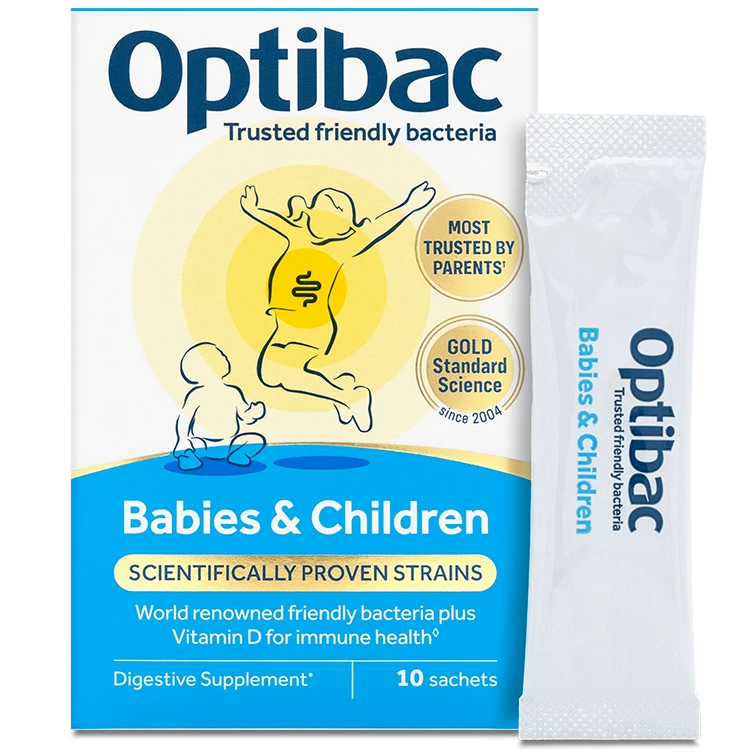
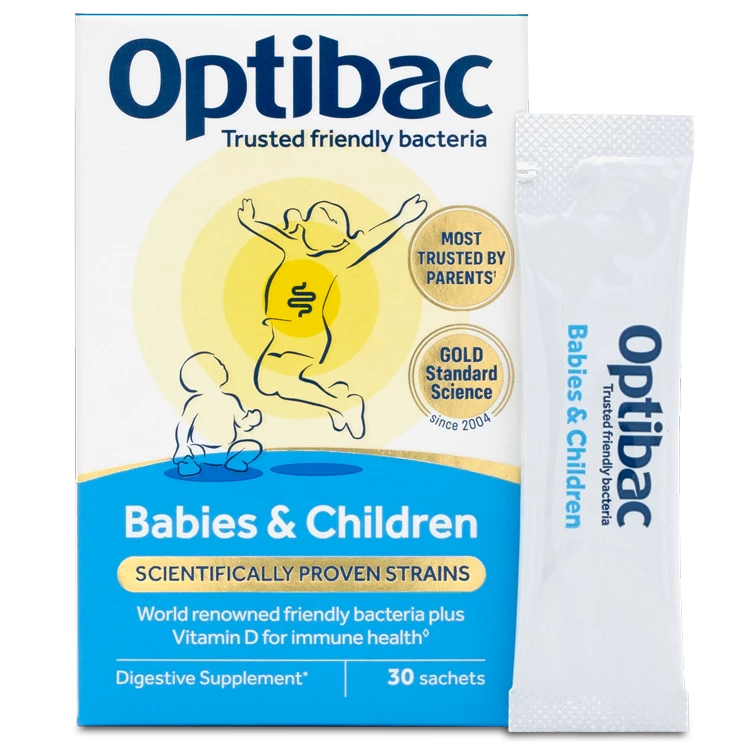

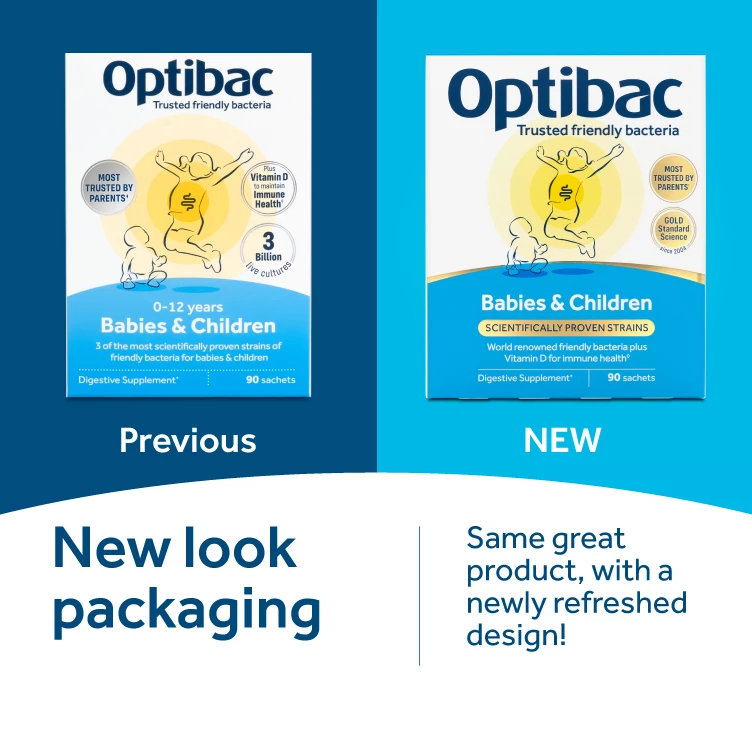
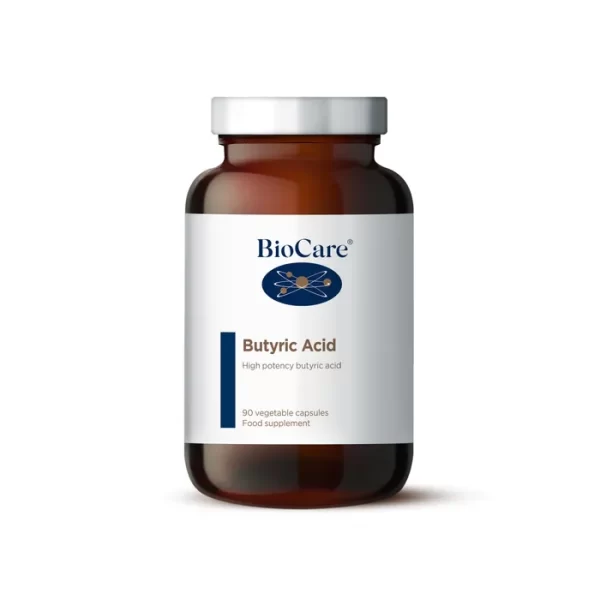
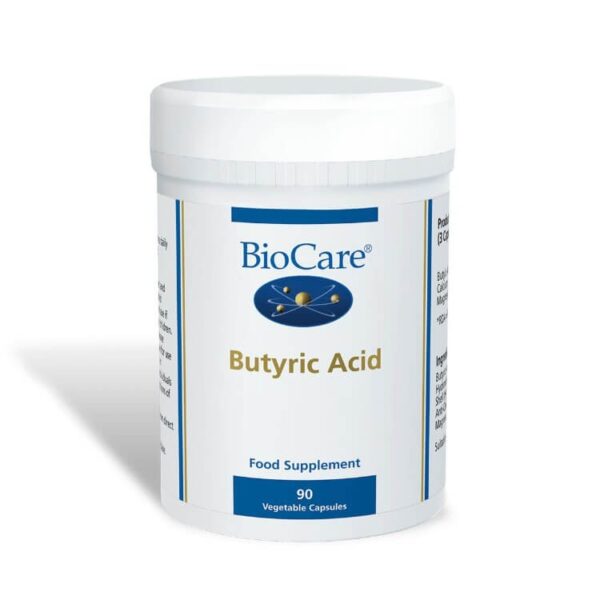
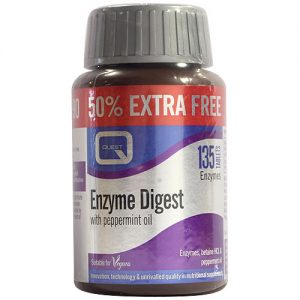
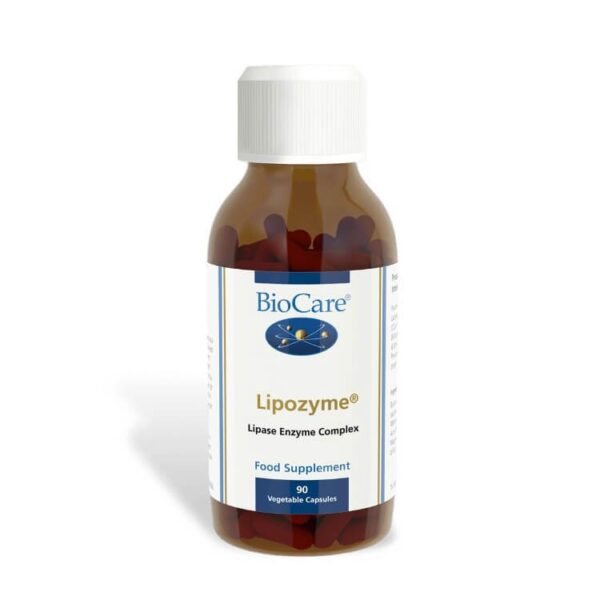
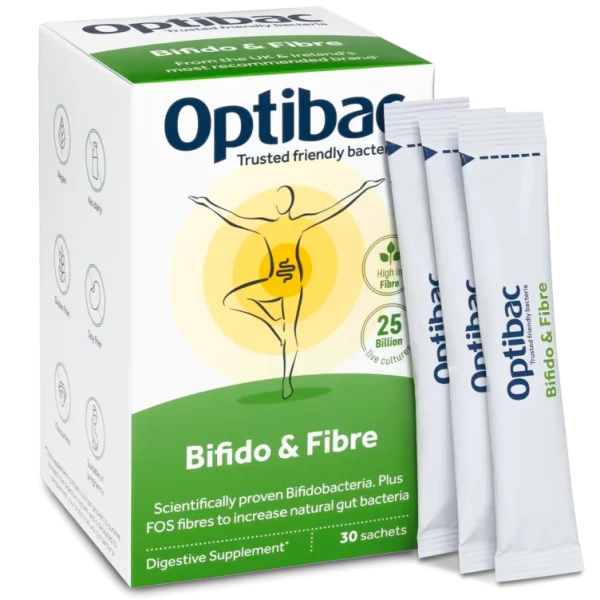
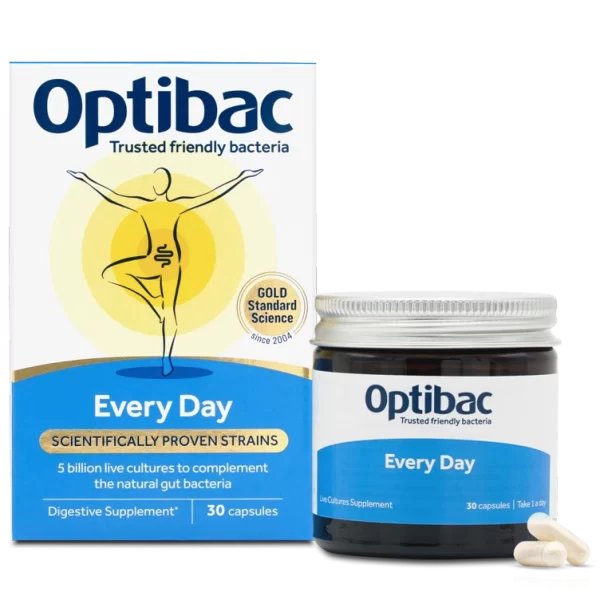
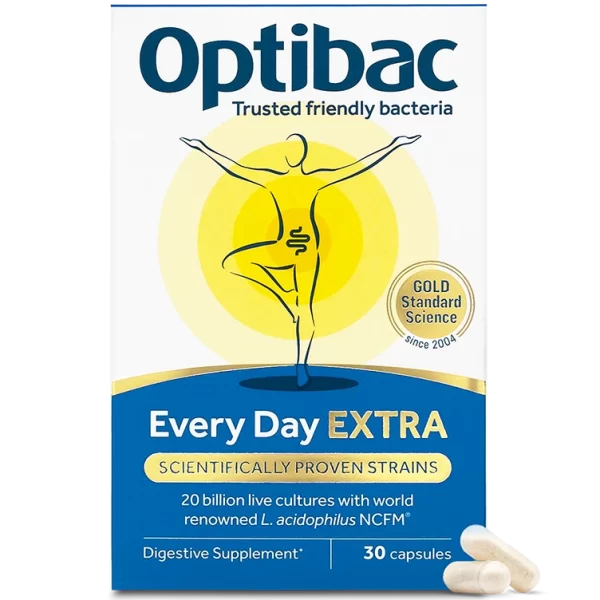
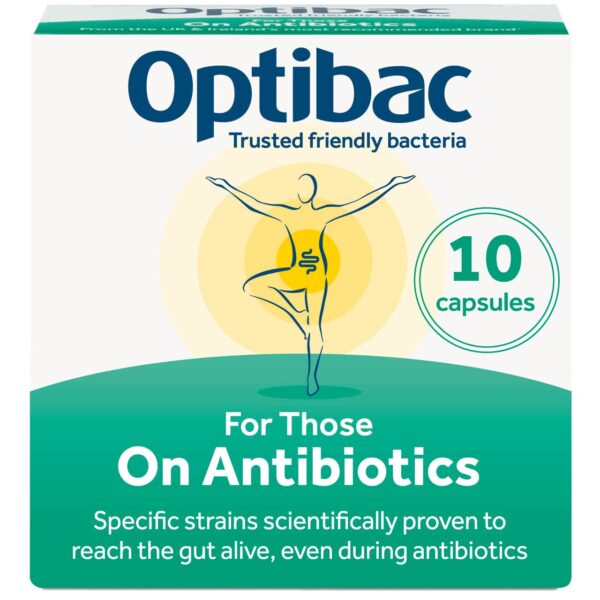
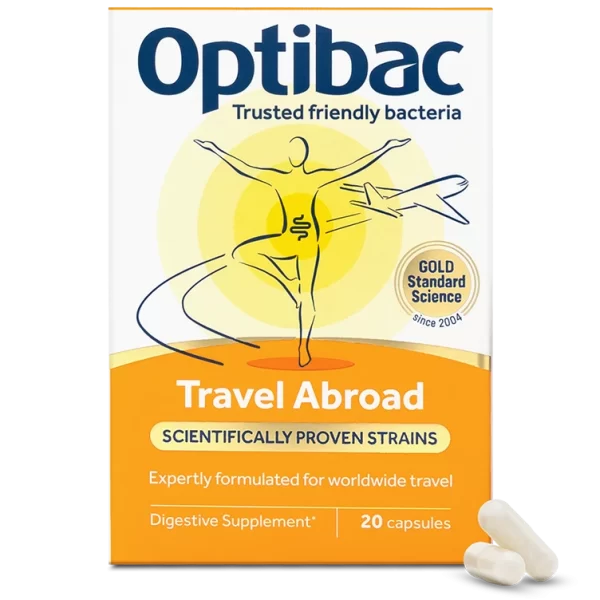




Reviews
There are no reviews yet.